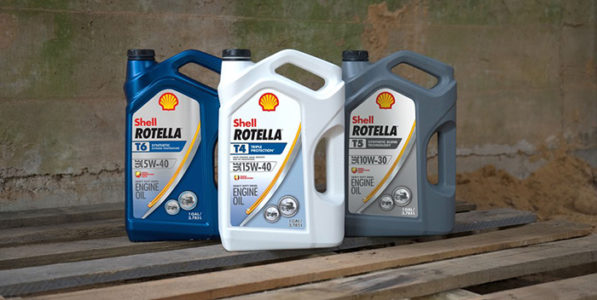Think there’s nothing new to know about trucking coolants? Think again
It’s easy to get caught up in the latest head-spinning equipment advances and overlook the fact that the truck is a complex system. When one component evolves, its operation changes; those changes impact tried-and-true components like coolant mixtures more than you might think.
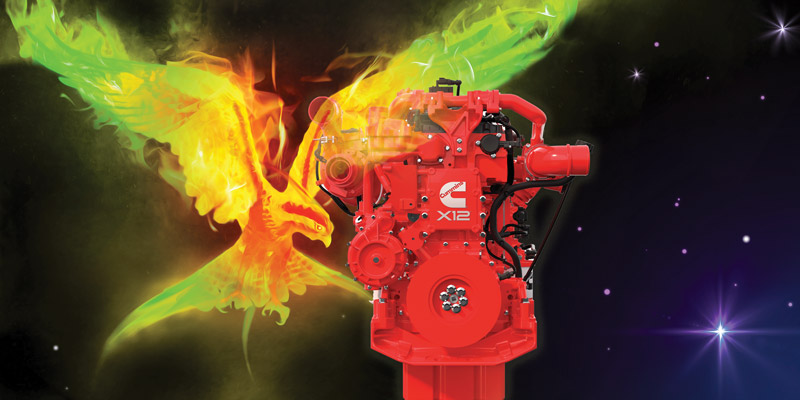
Peak launches new high-performance extended life antifreeze + coolant
The introduction of the new Peak marks Old World Industries’ first major launch in the extended life antifreeze/coolant segment.
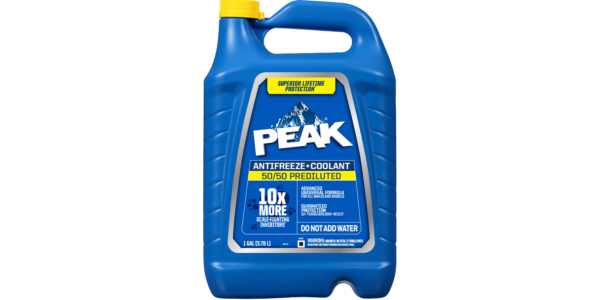
Watch: Maintaining the right coolant mix is a must
The chemistry of today’s extended-life coolants is fairly complex, and you need to maintain the proper mix if you want to make the most of it.

Watch: What coolant should I use in my engines? (Part 2)
After you’ve confirmed the coolant for your engine, you need to then make sure you are choosing a high-quality coolant that will serve your engine well. There are a couple of rules of thumb to remember when selecting and using coolants.
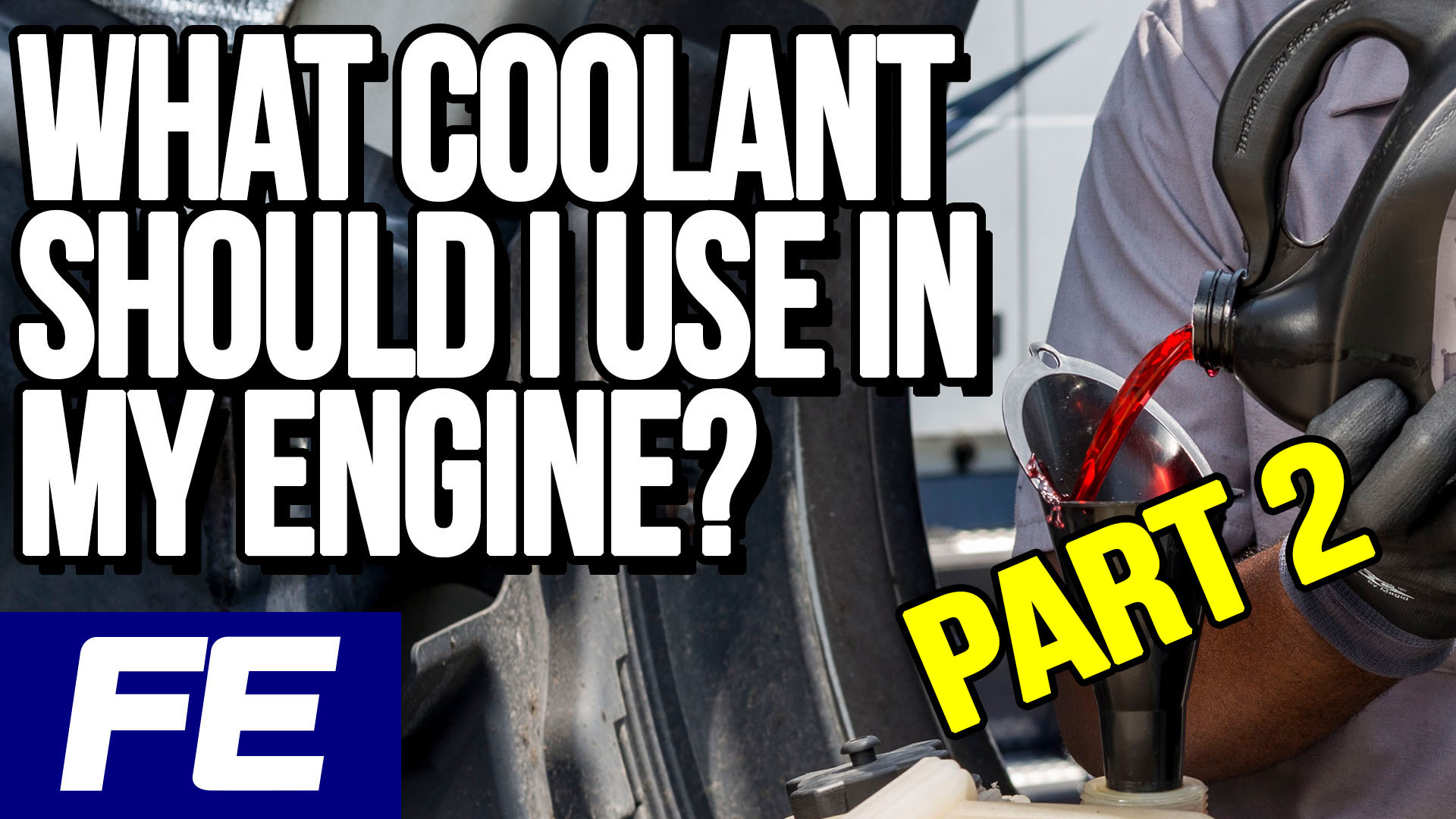
Watch: What coolant should I use in my engines? (Part 1)
The coolant you should use in your engines depends on the make and model of the engine. The first and most basic step is to follow the recommendations of the engine and/or vehicle manufacturer as to what coolant technology you should be using. But beyond that, there are a few considerations when deciding what type of coolant to use—nitrited or nitrite-free, and extended life or otherwise.
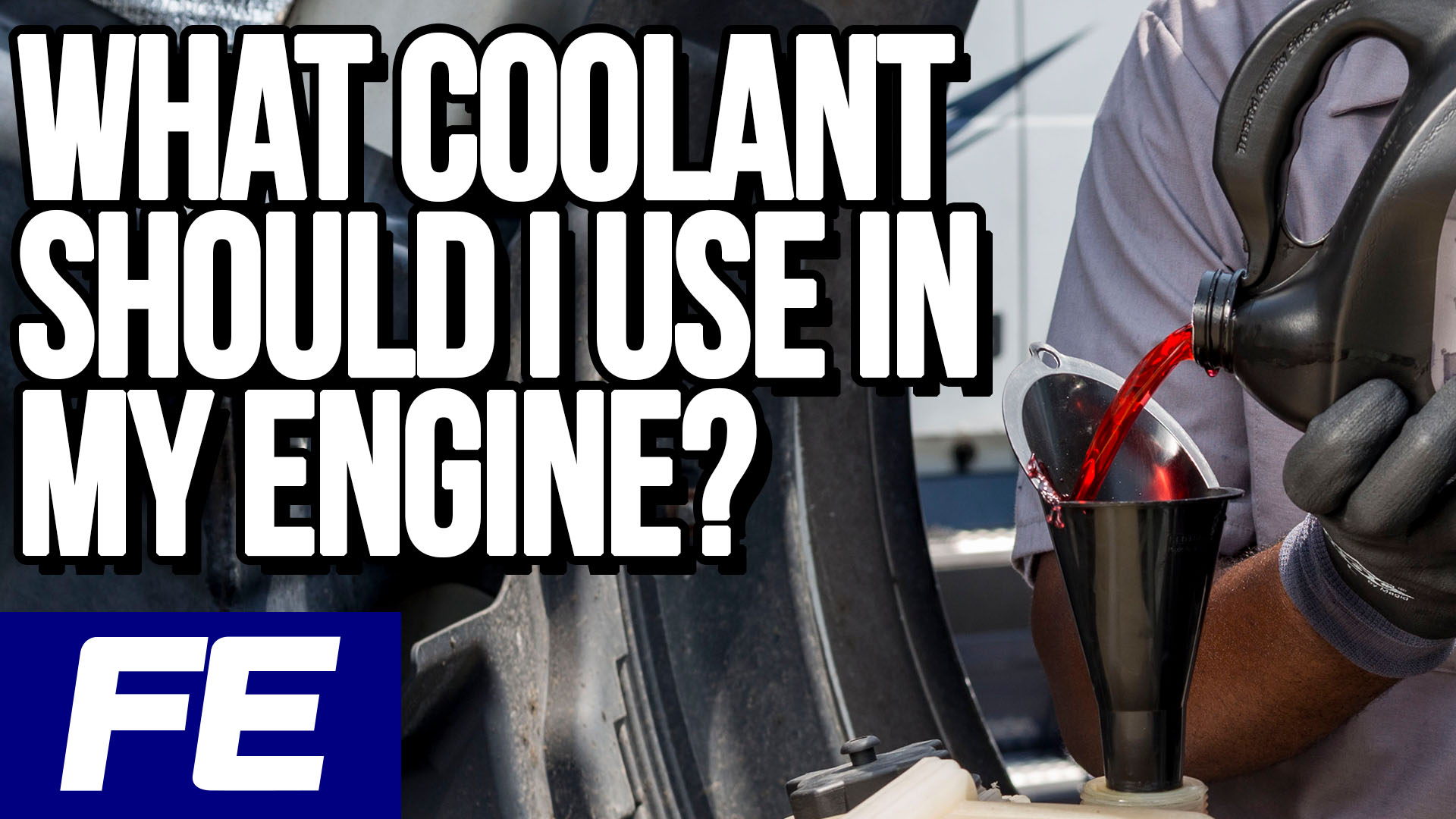
Understanding coolant types is important to your engine and cooling system
As engine technology and component materials have changed, coolant technology has also changed, particularly with the use of more aluminum in engines. However, there is a misconception that all coolants are interchangeable.

Oil In The Truck’s Coolant? Find The Culprit
If there is oil in a heavy duty truck’s coolant, it always means there’s a serious underlying problem. If repairs are made quickly, major damage can be prevented. Your employees should be inspecting your trucks on a regular schedule for signs of oil in the coolant. They should also be looking for signs of coolant
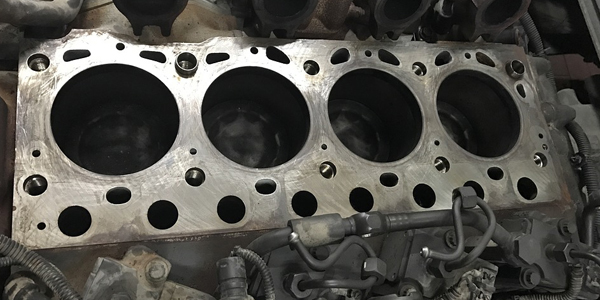
Watch: Tips for switching to extended life coolants in heavy-duty trucks
Extended life coolant, or ELC, can simplify a fleet manager’s life by providing a longer service interval compared to conventional coolants. Click here to catch up on all the episodes of FE’s On the Road. When transitioning from conventional coolant to an ELC, you need to be aware of the conversion practices and ensure that

Transitioning from IAT to OAT coolant
From wanting to upgrade to an Organic Acid Technology (OAT) ELC to acquiring a new equipment asset and not being sure what coolant it’s currently running, the reasons for switching from an Inorganic additive technology (IAT) to OAT can boil down to one point: “The primary benefit of an ELC is to simplify the life
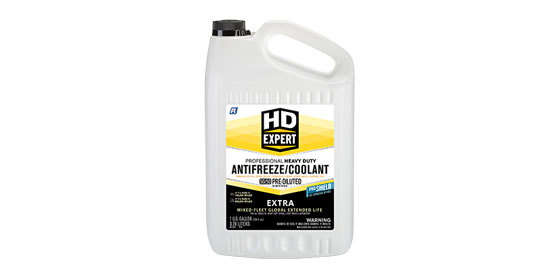
Coolant system maintenance checklist
Of course, your OEM maintenance recommendations are your primary source for how to structure your coolant system PM program. But you can also refer to this handy guide provided by Stede Granger, OEM technical services manager for Shell Lubricants. ❶ Determine Coolant Type: The type of coolant in use in the vehicle may be determined
